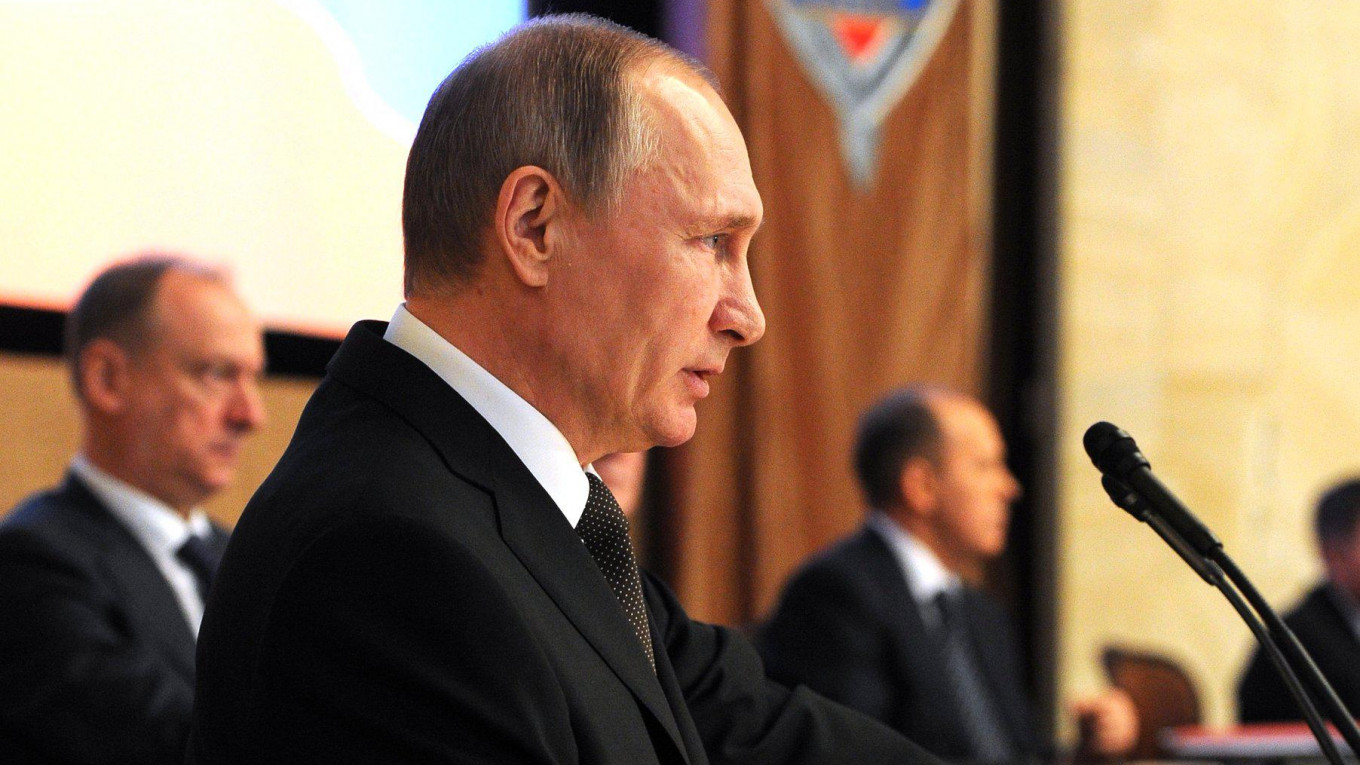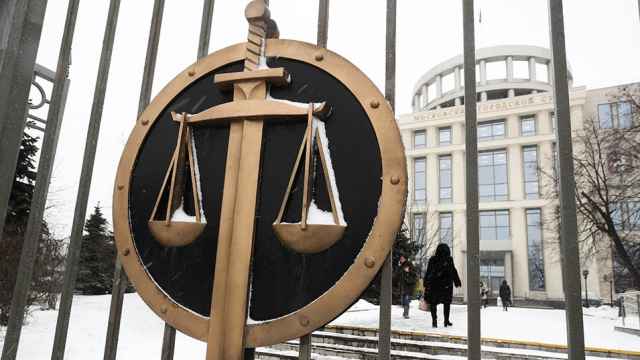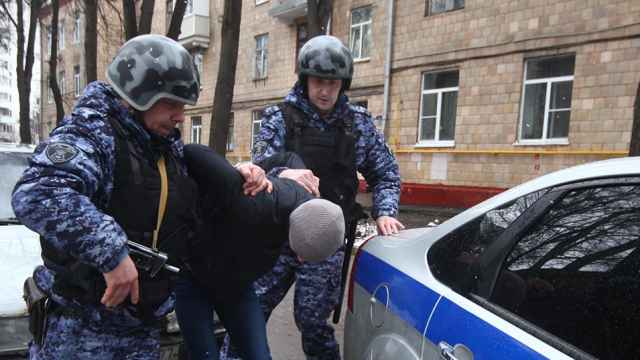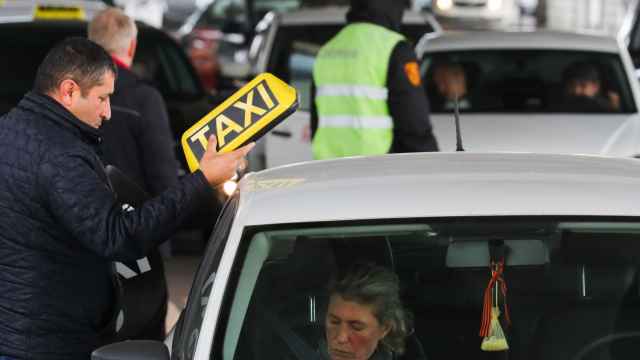Major reforms for Russia’s federal police system are planned ahead of the 2018 presidential election, according to a new report by the Kommersant newspaper. A new “State Security Ministry” will emerge on the foundations of the Federal Security Service (FSB), essentially restoring the agency to the position it enjoyed in its Soviet iteration as the KGB, says the newspaper.
The new ministry will also include the Foreign Intelligence Service and most units in the Federal Protective Service, which guards Russia’s highest ranking public officials, according to Kommersant’s sources.
The new State Security Ministry will not only investigate cases brought by the Federal Investigative Committee and the Interior Ministry, but also perform procedural oversight of these agencies. Additionally, the new ministry will be responsible for providing its own security in all law-enforcement and security agencies.
“If before we [FSB agents] only provided support for investigations, then now we’ll be tasked with managing their progress from the moment criminal charges are filed, up until the cases go to court,” a source in the Federal Security Service told Kommersant, stressing that he was talking about high-profile cases, including corruption allegations. The source also said that agents will monitor how efficiently investigators utilize the intelligence supplied to them by the State Security Ministry.
Finding the money to fund this new police agency remains one of the Kremlin’s greatest hurdles, says Kommersant. The reforms and the creation of the State Security Ministry is supposed to be complete before presidential elections in 2018, but budget constraints will make this difficult. By even the most conservative estimates, according to the newspaper, the compensations the government would need to pay current employees who don’t wish to serve in the new system is several tens of billion of rubles (a minimum of $308 million).
According to Kommersant, the new balance of power within Russia’s police agencies is already being tested: the FSB recently brought sweeping criminal charges against members of the Investigative Committee implicated in aiding an organized crime group led the crime boss Zakhary Kalashov — better known as “Shakro Molodoi.”
The Investigative Committee might even return to the structure of the Prosecutor General’s Office, from which it broke away and became independent in 2011. This would signal a major demotion for the committee's leading personnel, many of whom are now under arrest or rumored to be resigning.
Last week, the TASS news agency reported that Vladimir Markin, the Investigative Committee's controversial spokesperson, will be stepping down from his post. Markin has refused to comment on this report. That same day, the RBC news agency wrote that Alexander Bastrykin, the longtime head of the Investigative Committee, will also be resigning sometime soon after the State Duma elections. Markin has denied this information.
A Message from The Moscow Times:
Dear readers,
We are facing unprecedented challenges. Russia's Prosecutor General's Office has designated The Moscow Times as an "undesirable" organization, criminalizing our work and putting our staff at risk of prosecution. This follows our earlier unjust labeling as a "foreign agent."
These actions are direct attempts to silence independent journalism in Russia. The authorities claim our work "discredits the decisions of the Russian leadership." We see things differently: we strive to provide accurate, unbiased reporting on Russia.
We, the journalists of The Moscow Times, refuse to be silenced. But to continue our work, we need your help.
Your support, no matter how small, makes a world of difference. If you can, please support us monthly starting from just $2. It's quick to set up, and every contribution makes a significant impact.
By supporting The Moscow Times, you're defending open, independent journalism in the face of repression. Thank you for standing with us.
Remind me later.






